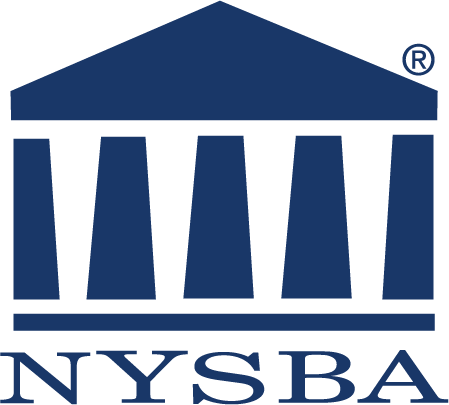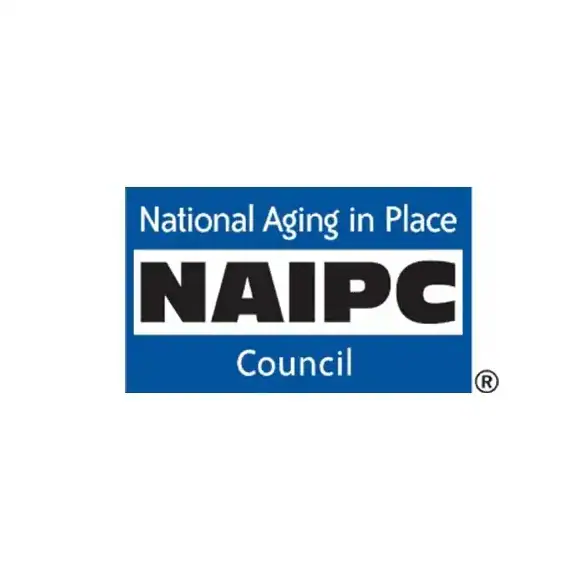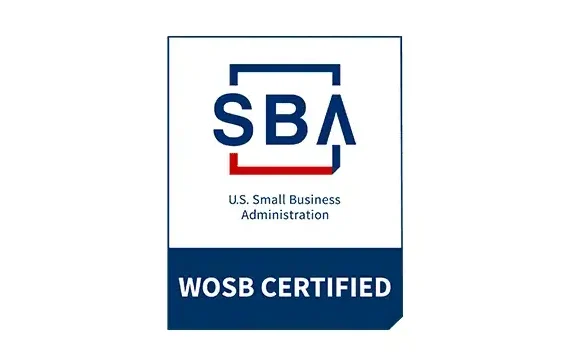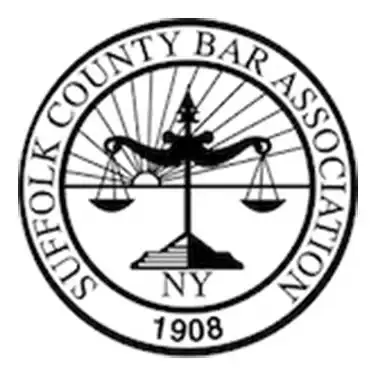Trust Attorney in Riverhead, NY
Protect Your Family's Future Today
Your family deserves certainty, not court battles. Our trust attorney in Riverhead creates personalized living trusts that bypass probate entirely.


Living Trust Benefits Riverhead
When you create a living trust, your family gets immediate access to your assets without waiting months or years for probate court. No public records. No family disputes over your wishes. No expensive court fees eating away at what you’ve worked to build.
Your assets transfer directly to your loved ones according to your exact instructions. They can use funds immediately for expenses while grieving, instead of being stuck in legal limbo. You maintain complete control during your lifetime while ensuring your family’s financial security the moment they need it most.
The peace of mind is immediate. You know your family won’t face the stress of probate court during an already difficult time.
Riverhead Estate Planning Attorney
We have been serving Long Island families since 2012, understanding exactly what matters to Riverhead residents. We know the unique challenges of Long Island living – from high property values to multi-generational households to the desire to age in place.
Our team speaks Spanish and Italian, and we come to you. Whether you’re at home, in the hospital, or at a nursing home, we make legal planning accessible when you need it most.
We’re not a big corporate firm. We’re your neighbors who happen to be attorneys, focused on one thing: making sure your family is protected with clear, enforceable legal documents that work when it matters.

Trust Creation Process Riverhead
First, we meet with you to understand your specific situation and goals. Every family is different, and your trust needs to reflect your unique circumstances and wishes.
Next, we draft your trust documents, naming you as trustee during your lifetime and choosing a successor trustee to manage things after you’re gone. We explain everything in plain language so you understand exactly how your trust will work.
Then we help you transfer your assets into the trust – your home, bank accounts, investments, and other valuable property. This step is crucial because only assets properly transferred into the trust will avoid probate.
Finally, we provide ongoing support as your life changes. Need to add a new grandchild as a beneficiary? Want to change your successor trustee? We handle updates so your trust always reflects your current wishes.

Ready to get started?
Trust Services Riverhead NY
Our trust services include revocable living trusts, irrevocable trusts, and special needs trusts designed specifically for Long Island families. We handle everything from initial trust creation to ongoing administration and modifications.
For Riverhead residents, we understand the local real estate market and how to properly transfer Long Island property into trusts. We know Suffolk County’s specific requirements and work with local banks and financial institutions regularly.
We also coordinate with your existing financial advisors and accountants to ensure your trust integrates seamlessly with your overall financial plan. Our bilingual services mean every family member can understand and participate in the planning process.
Many of our clients are dealing with aging parents or planning for their own long-term care needs. We help structure trusts that protect assets while maintaining eligibility for government benefits when needed.









